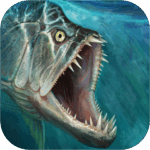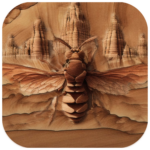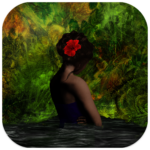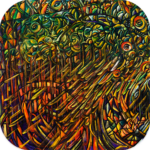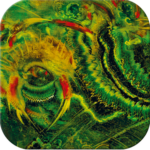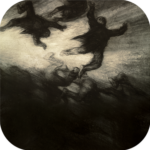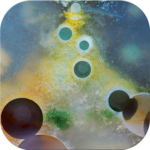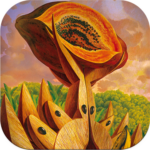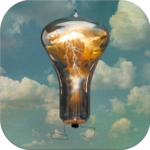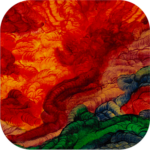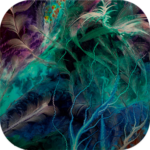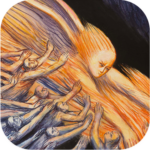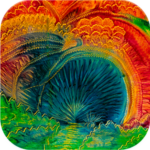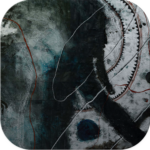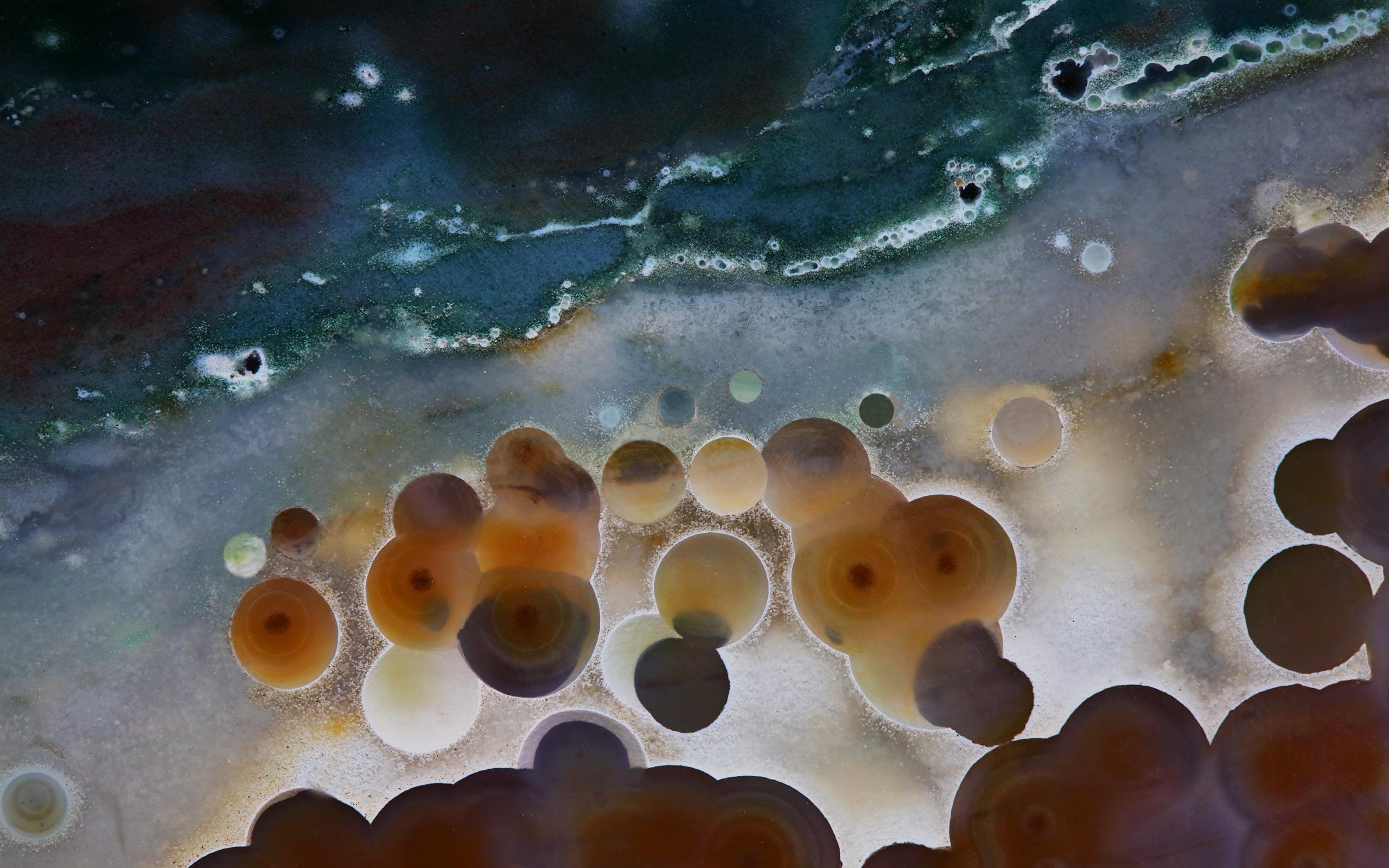
Rich on Story
Writing to Extremes
“Our best experiences in fiction,” Rich says, “come from identifying with people in radical circumstances. Biologists are drawn to the ‘edge’ because wild things flourish in the boundary zones. Riverbanks, ocean shallows, breaks in vegetation, the temporal boundaries between night and day, moments of seasonal change— On the personal level, it seems true, as well, that people are tested and revealed most dramatically on the frontier of the self. Opportunities for wisdom occur when we’re pushed to the brink.”
“I’m drawn to the moments in life that reveal unexpected truths . . . That’s what excites me.”
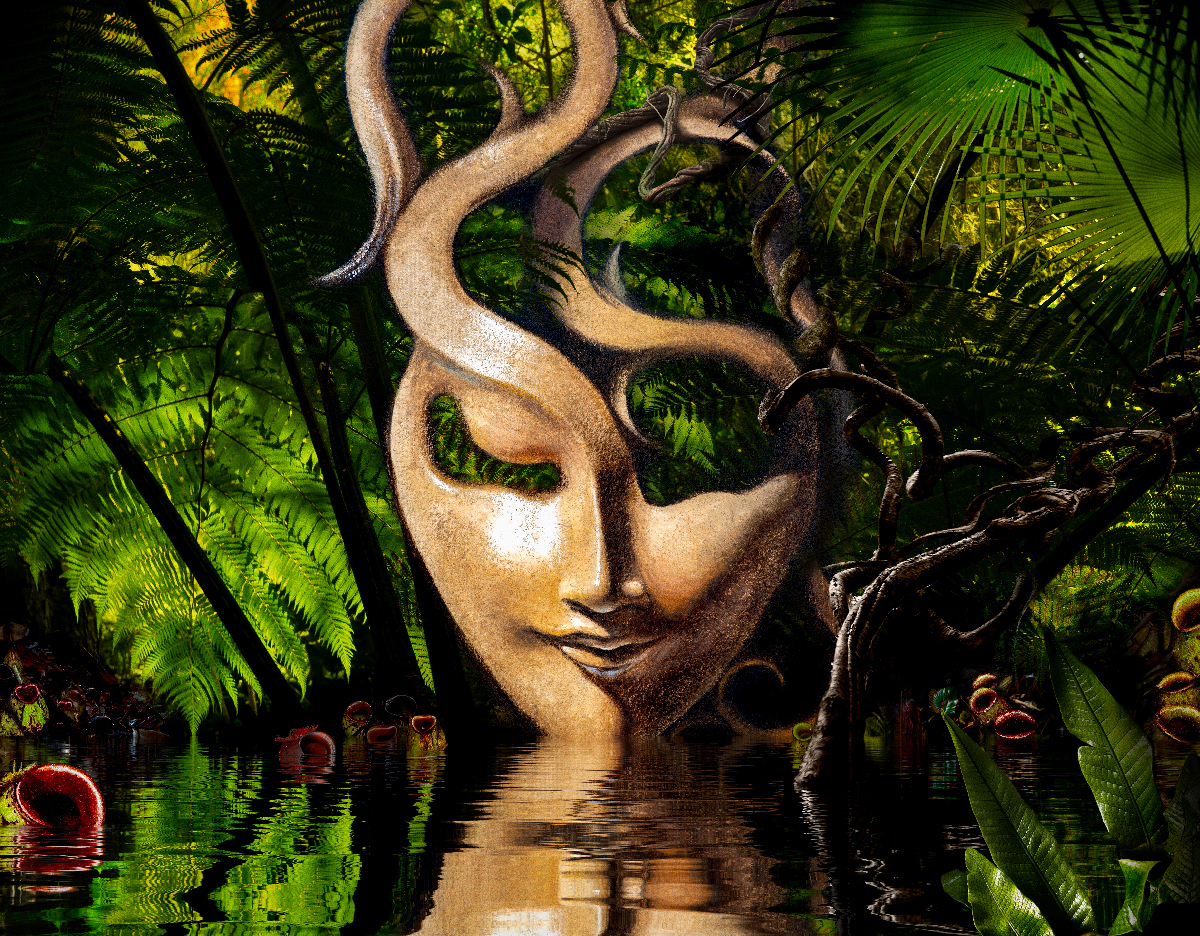
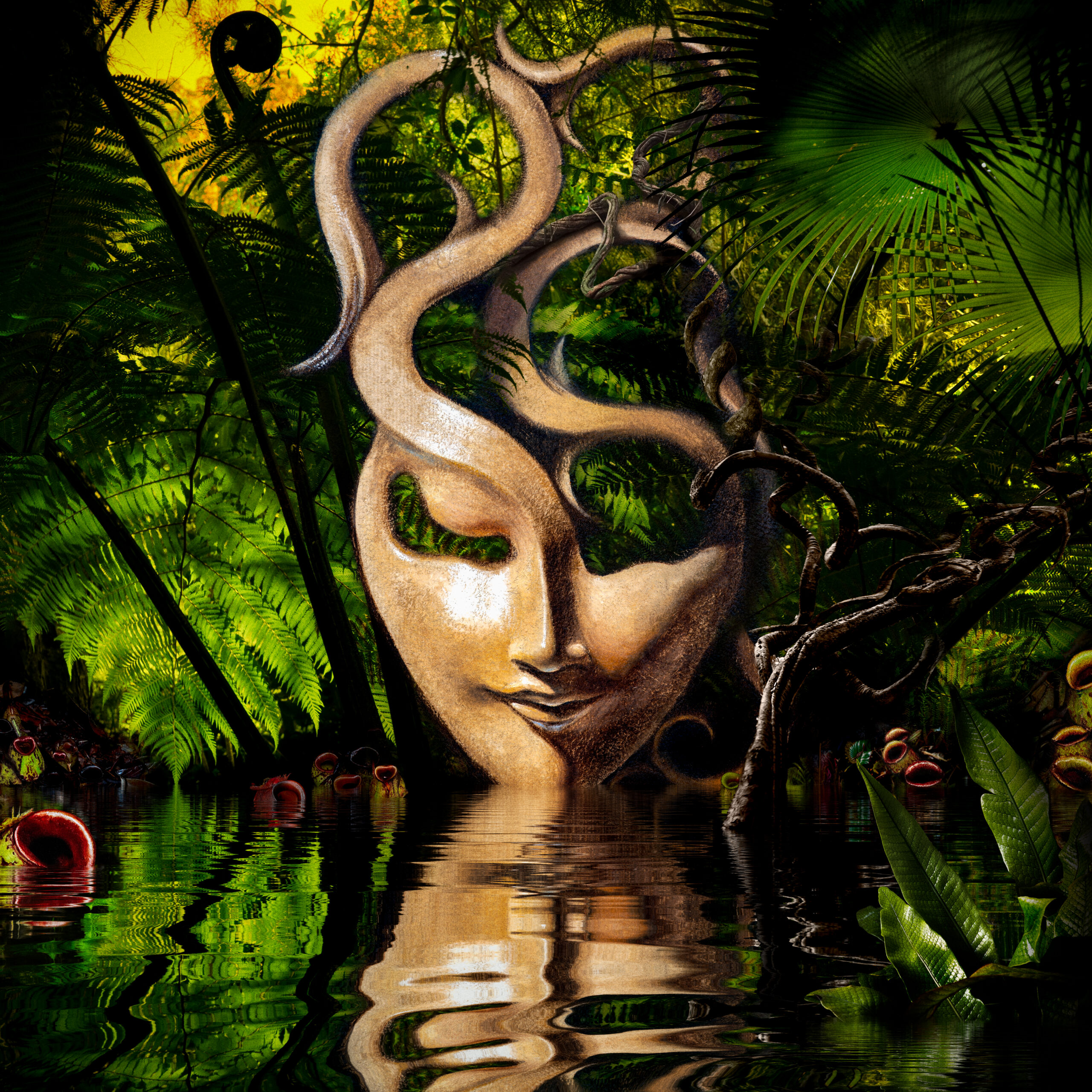
Journey to the Edge
Reckoning with our primal selves. Imagining our potential to love fully. Uncovering a mystery of identity and love in a foreign land. Facing adolescence alone in a primeval jungle. Waking to life in the womb. The moment of yielding to death, departing this world. The liberation and danger of uncontrolled imagination. A confrontation with rightness at the final comeuppance. These are the subjects of some of Rich’s stories.
“If the reader knows where we’re headed, I’ve failed. I want the reader to guess wrong about the things the story will disclose. The wonder of discovery and the power of paradox is, for me, what makes these mental adventures compelling.”
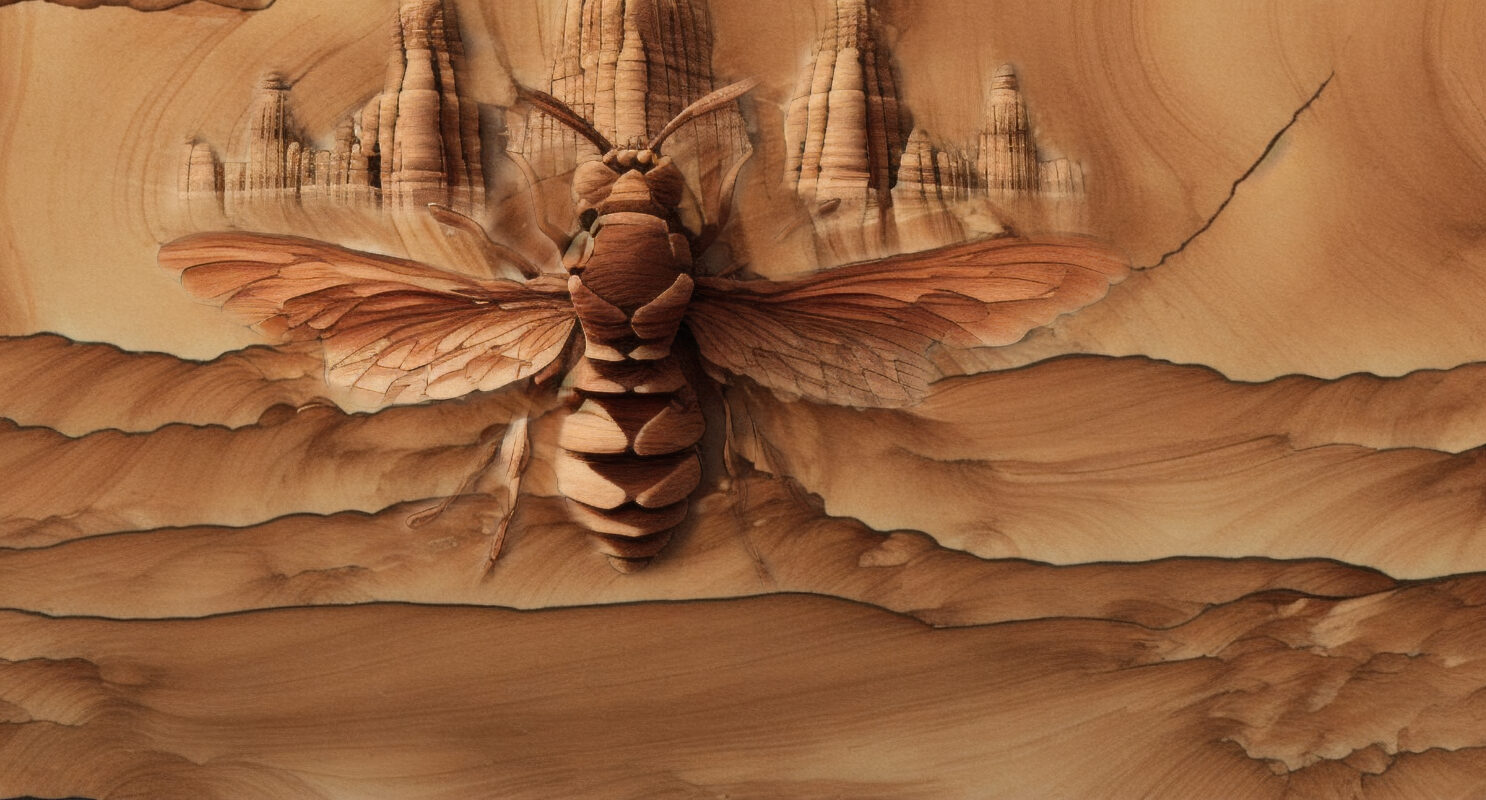
“The world my protagonists live in is not our world. Their thoughts—and my own—are warped toward a place and state that is different than the one we’re born into.”

Dreams, Gods and Other Worlds
“Uncovering the deepest mysteries,” Rich says, “requires transit through shadow, descent or ascent, discerning things hidden from view, removal into an unseen world.”
His protagonists swim in a sea of dreams, a domain of illusion and startling vision. They encounter strange gods, unearthly presences conjured from within themselves or appearing for some unexplained reason with a mission that cannot, at first, be understood.
“The world my protagonists live in is not our world. Their thoughts—and my own—are warped toward a place and state that is different than the one we’re born into. An astonishing place, a place of mystery and discovery, a place more profound, where the truths of our practical world are unraveled and revealed to be the illusions they are.
“I don’t believe that being at peace with the human condition is a virtue. Like all creatures on earth, we are born to struggle. We are designed for struggle, and equipped with courage and the ability to withstand shock and trauma for that purpose. It is the unrest—the endless questioning and striving, and those hard-won moments of recognition and understanding—that enlighten and ennoble us. I’ve never felt that there was any reconciliation possible between our aspirations and the struggles we inevitably endure.”
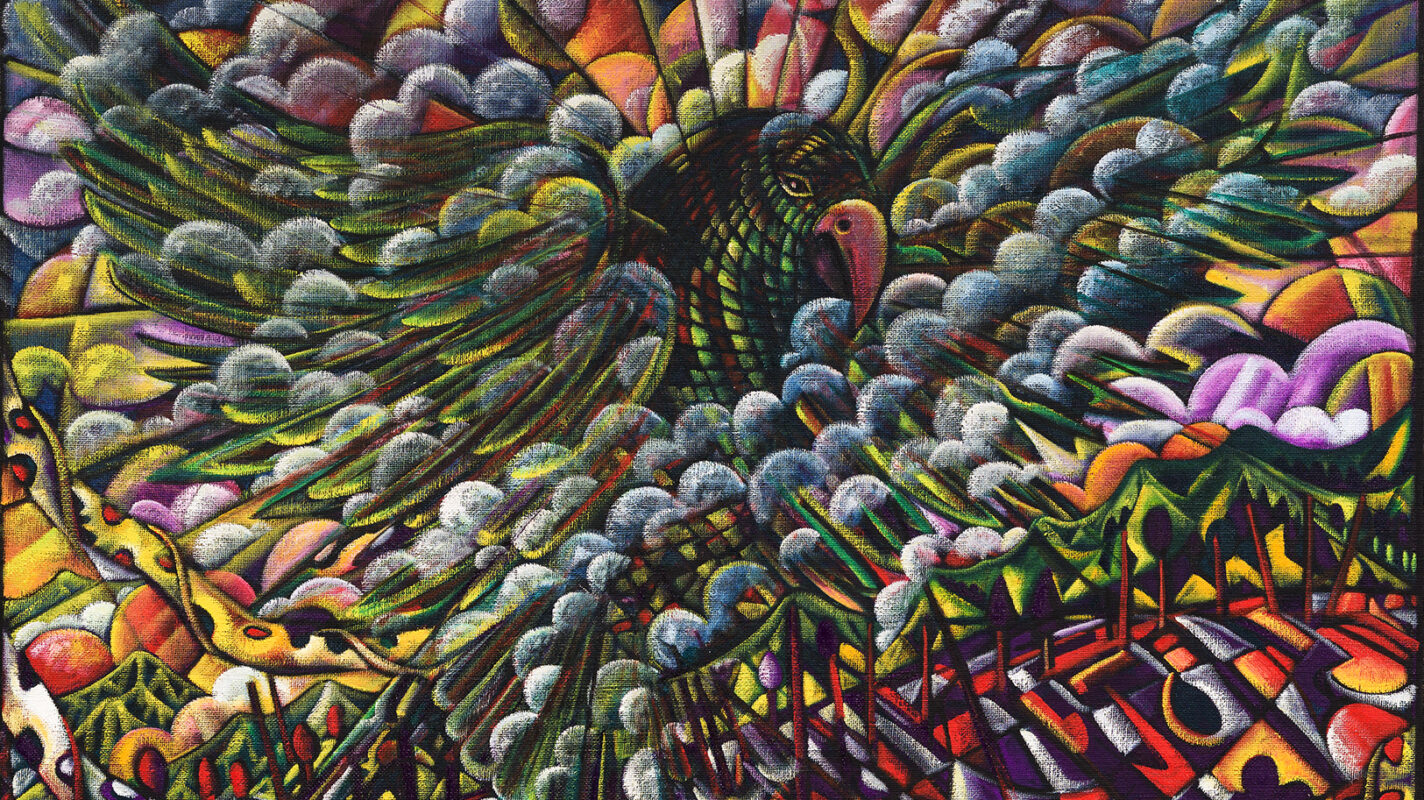
“All were important to me because they saw our everyday world as a veil behind which a world more profound, more alive, and more real, was waiting to be discovered.”
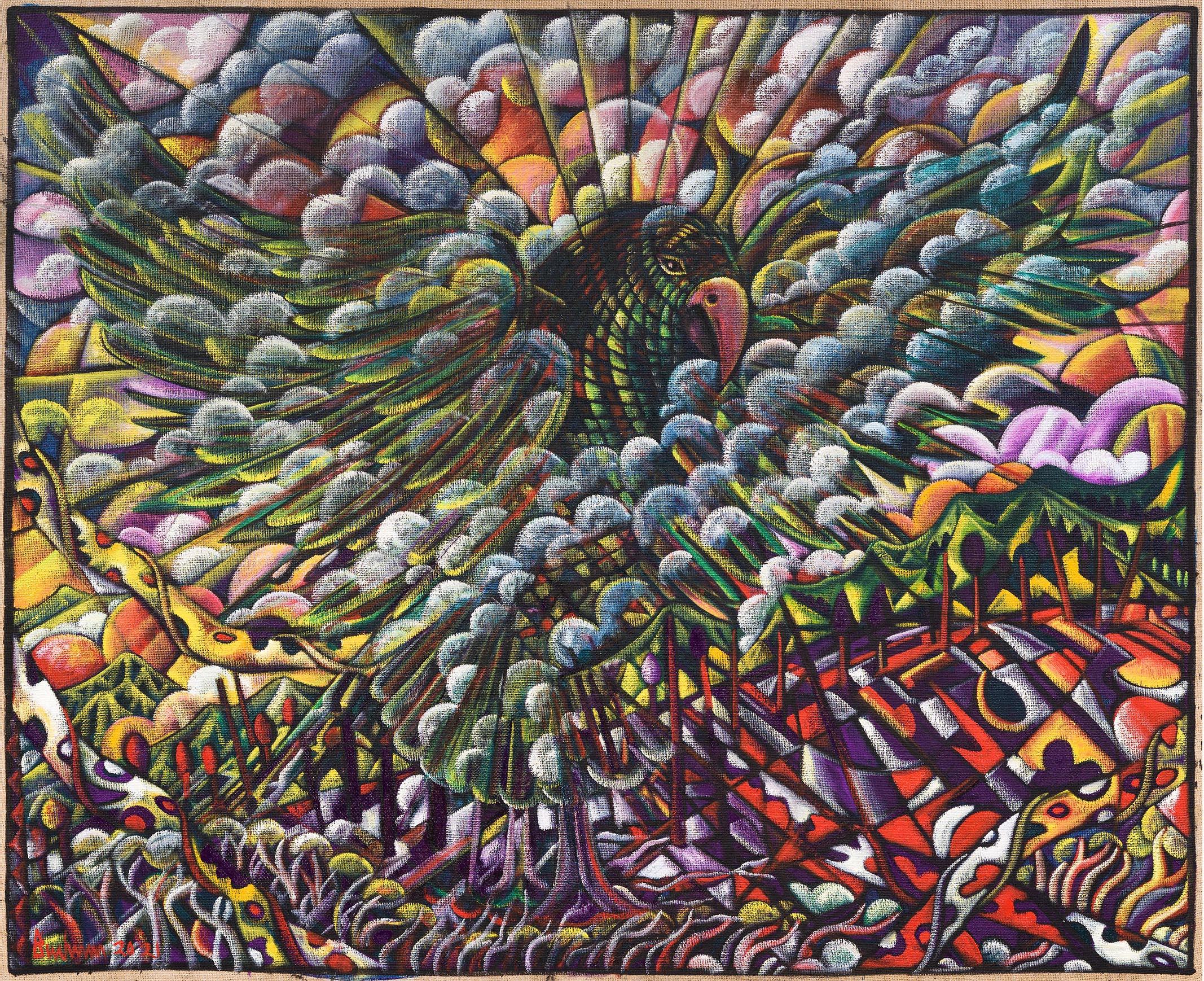
Writers, Artists, Heroes
It’s a strange collection—the people who’ve exerted a powerful influence on Rich. The common element is the focus on the revelation of things unseen, a journey into distant regions, the discovery of unexpected understandings. “I’m not talking about fantasy or escape. But rather the conviction that in our mundane lives, we only see the outward manifestation of things, and some more arduous journey must be undertaken to see the real nature of existence.
“Leonid Andreyev was an early influence, as was Nathanael West. I read Euripides’ The Bacchae and Per Lagerkvist’s The Sibyl when I was a teenager. The latter described possession by a higher power. That captivated me at the time, and it still captivates me. During my college years at Berkeley, I discovered William Blake, Gerard Manley Hopkins, Walter Pater and Henri Bergson. All were important to me because they saw our everyday world as a veil behind which a world more profound, more alive, and more real, was waiting to be discovered.
“I was crazy about Ibsen and still am. Not the Ibsen of A Doll’s House, but the Ibsen of Peer Gynt, Brand and The Master Builder. About the same time, I discovered Knut Hamsun’s early work and the legacy of Arthur Machen.”
Music played a role: “For all these writers, especially Hopkins and Machen, the rhythm and melody of language gave it the power to transport us into the emotional domain of an unseen world.”
And visual art, as well: “I saw what I was looking for in a small selection of paintings. Bosch, the things Van Gogh did at the end of his life, the decalcomania paintings of Max Ernst during the war years—images that I would call visionary, as opposed to fantastical, in that they seemed to point at a reality beyond the one we know.”

